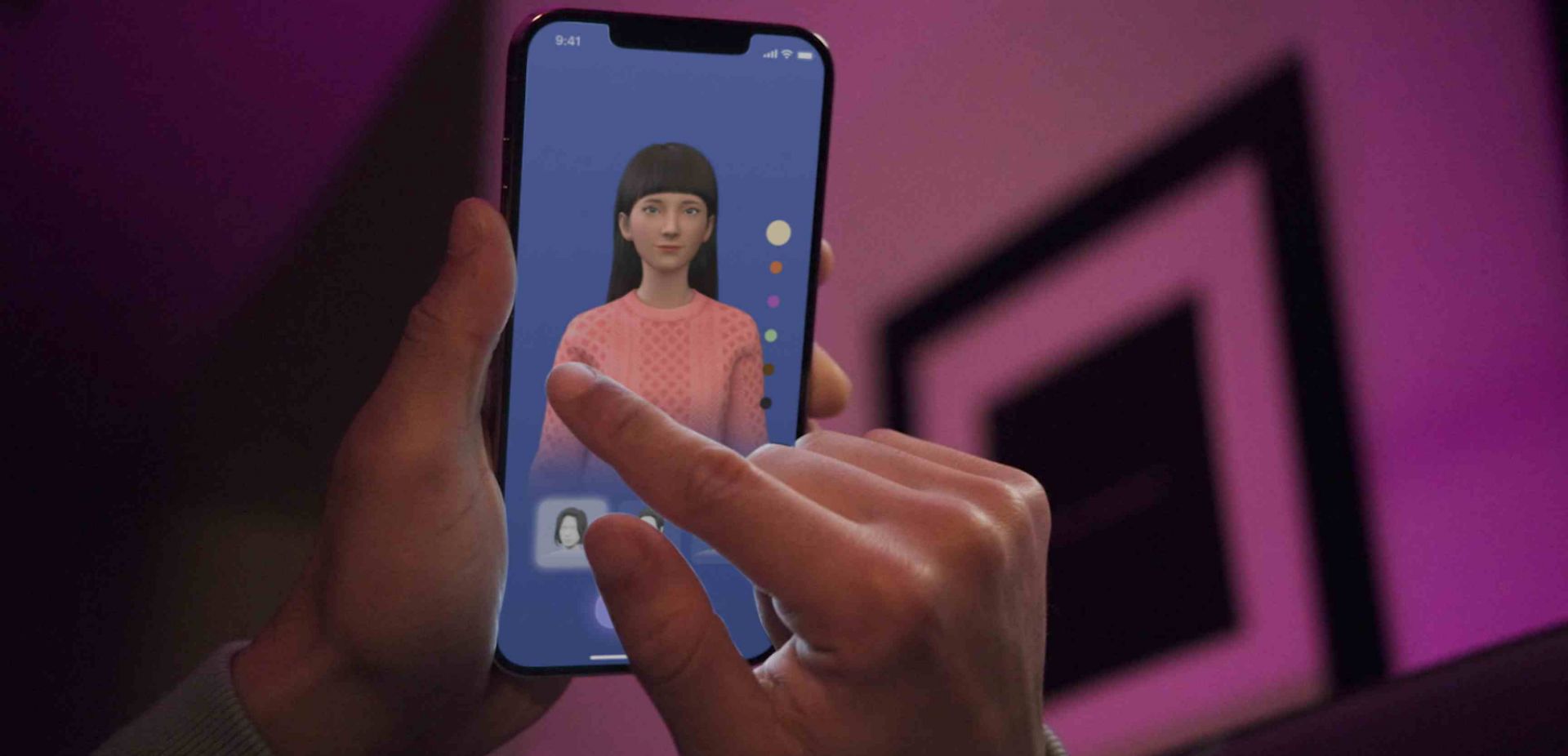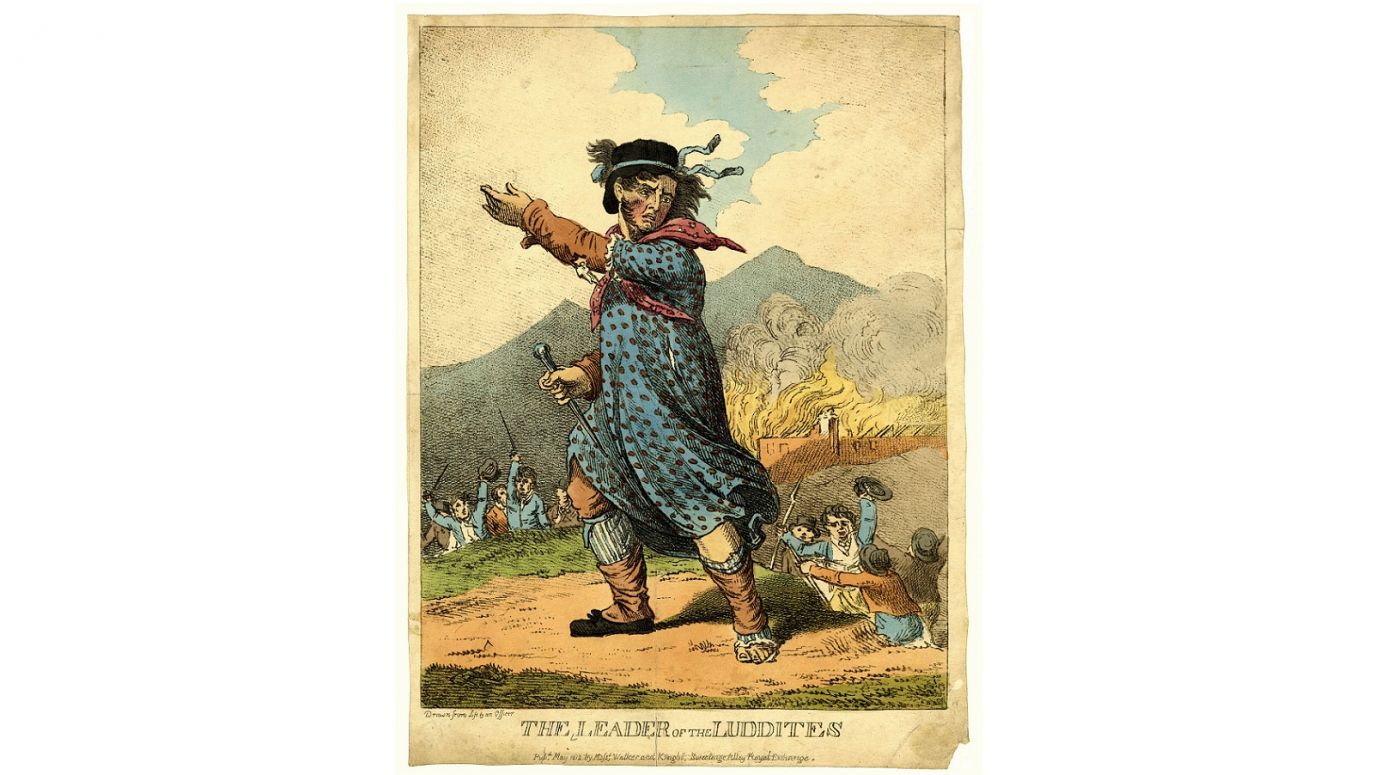I’m thinking to myself: would Artificial Intelligence be able to create, by itself, rock painting from the Palaeolithic era? Giotto’s frescoes? “Laocoön” by El Greco? Vermeer’s “Milkmaid”? Rembrandt’s self-portraits? After all, these works were not created only from intellectual calculations – they contained emotions and life experience. You wouldn’t be able to program them by giving the GPT chatbot commands like “an old man with a turban, ugly complexion and chubby nose” or “a young fat woman with a plain and thoughtless face, pouring milk from a jug into a bowl”. And how to convey the mastery of matter?
The ability to change paint into something that is impossible to describe – because up close you can see something else, from a distance – you perceive millions of other meanings.
When I think about past eras, images and sounds immediately come to mind. It seems that art marked time. What does your imagination suggest to you when someone mentions the term “Renaissance” I bet there is an immediately association: Leonardo, Michelangelo, Raphael. And the baroque? I immediately hear the music of Lully, Charpentier, Corelli, Vivaldi... or I recall the dramas of Molière, or I see Caravaggio, Rubens, Rembrandt, Velázquez...
There is no history without art belonging to a given period – because we are used to defining, categorizing and defining them with art.
Gentlemen of the exact sciences carelessly say – oh, never mind the art, our genius though Lady Artificial will also do it and no one will even recognise it – they do not understand at all that they are giving up the whole of culture. AI will not create an era, it will not create a style that is the spirit of the times. It needs human guidance. Yes, AI will compose a piece à la Mozart. But it will not invent Mozart as such; will not enter into his modes of (superhuman) compositional genius.
One can endlessly list what’s impossible for AI. But it mainly refers to the sphere of art. What’s amusing, it is precisely the artists who are the first to be first pushed out from competition by our beauty the Artificial.
Actually – I don’t think so.
But besides, just in case, you people learn to operate a drill, saw, shears and plumb line. The latter – in order to keep upright during the clash with the Artificial Lady Intelligence. She has no spine, she is pliable. Maybe there is a chance in it?
– Monika Małkowska
– Translated by Dominik Szczęsny-Kostanecki
TVP WEEKLY. Editorial team and jornalists

 SIGN UP TO OUR PAGE
SIGN UP TO OUR PAGE
 In the optimistic version people were reassured that Artificial Intelligence wouldn’t replace people who are creative, able to think critically, with a wide range of knowledge. Visual artists, writers, poets, composers and musicians were also to be safe.
In the optimistic version people were reassured that Artificial Intelligence wouldn’t replace people who are creative, able to think critically, with a wide range of knowledge. Visual artists, writers, poets, composers and musicians were also to be safe.







